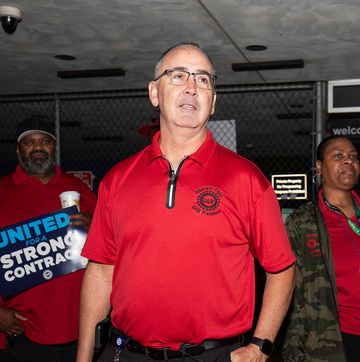American citizens are traveling abroad more frequently and farther. Even as the United States experienced a decline in legal immigration and travel in recent years (visitors to the U. S. from overseas--not counting Canada and Mexico--declined 16 percent between 2000 and 2006), the number of Americans heading abroad--mostly to travel and work but many to live (see below)--has risen by 12 percent since 2000 and by more than 52 percent since 1996...
The Missing Count
Nobody knows how many Americans live permanently abroad. The most frequently cited estimate of nonmilitary U. S. citizens living overseas is between three and six million, based on a very rough State Department calculation in 1999--and never updated. (A State Department spokesman confirmed that more-current estimates are kept but that for "security reasons" they cannot be released to the public.) The Census Bureau has abandoned past initiatives to count Americans abroad, individual U. S. embassies offer only crude estimates, and no independent demographers have the resources to complete a thorough study. The U. S. is the only advanced country that makes no formal attempt to count its emigrant citizens.
Andy Sundberg, the founding director of the nonprofit advocacy group American Citizens Abroad, says he's been playing Don Quixote for thirty-five years trying to persuade the U. S. government to recognize the overseas-American community. "The low-level, constant harassment against our own diaspora is crazy, sad, and destructive," he says. The biggest issue of concern is taxes. On top of what Americans living and working abroad owe their adopted countries, they also have to pay U. S. taxes. As a result, Sundberg says that both American and foreign companies often have to pay overseas Americans 30 to 40 percent more to compensate. (The U. S. is the only major trading nation that double-taxes its nonresident citizens.)
Having the overseas constituency formally counted could help lead to political influence and even representation in Congress. Then expats could start solving the list of problems they face: heavy taxation, U. S. and foreign banks' aversion to overseas clientele; Social Security payment without Medicare benefits; convoluted voter-registration rules. "Most other countries put a premium on encouraging their citizens to live and work abroad," says Sundberg. "They see it as an asset rather than a liability."
Read "The New America."













